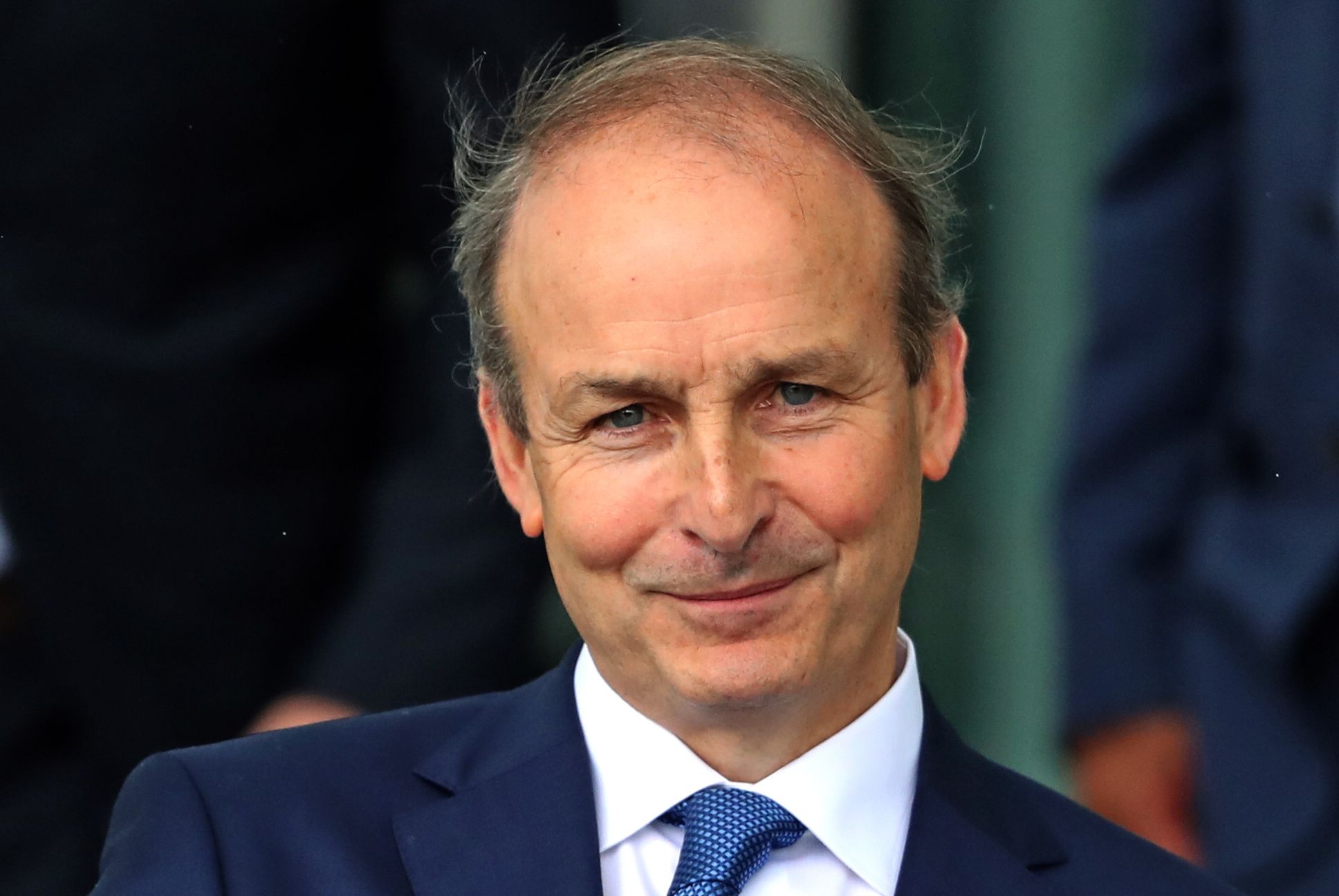What We’re Watching: Irish PM rotation begins, Karachi stock exchange attacked, Poles go to runoff
Ireland has a new Taoiseach: Mícheál Martin was elected on Saturday by parliament as Ireland's new "taoiseach" (prime minister). Martin, leader of the center-right Fianna Fáil, will head a coalition government with the center-left Fine Gael and the Green Party. Fianna Fáil and Fine Gael — which have taken turns in power since 1905 — will rotate the prime minister position in the latest example of mainstream parties striking odd deals to exclude anti-establishment forces, in this case the far-left Sinn Féin. The new coalition now has five years to show voters it can be more than a "green" version of business-as-usual.
Separatists target Pakistan stock exchange: At least seven people died after armed militants from a local separatist group stormed Pakistan's stock exchange in Karachi on Monday. The attack was claimed on social media by the Balochistan Liberation Army (BLA), which demands self-determination for this mineral-rich province. The BLA has traditionally targeted Chinese interests in the region, but there have been more recent clashes with the Pakistani military. There is also growing suspicion that the BLA is conducting joint operations with their former rivals from the Balochistan Liberation Front.
Poland presidential vote goes to runoff: President Andrzej Duda won the first round of Poland's presidential election on Sunday, but fell short of the 50 percent majority needed to avoid a July 12 runoff against Rafal Trzaskowski, the liberal mayor of Warsaw. Exit polls showed Duda — an ally of the governing Law and Justice party — got almost 42 percent of the vote, while Trzaskowski from the centrist Civic Platform party received over 30 percent. Despite Duda's double-digit lead, the runoff is expected to be very tight in a high-stakes election for Poland, and for the country's tense relationship with the European Union. The Polish president is less powerful than the prime minister but can refuse to sign legislation, and the ruling party doesn't have enough votes to override a veto if Trzaskowski wins.
What We're Ignoring
Iran wants Trump in handcuffs: Iran on Monday asked Interpol to detain US President Donald Trump after issuing an unprecedented arrest warrant for Trump and nearly 40 other US officials Teheran links to the killing of Qassim Suleimani earlier this year. Suleimani, the former leader of Iran's Revolutionary Guards' Quds Force, was killed by a US drone strike in Iraq in a targeted assassination that brought both sides to the brink of war. Brian Hook, US envoy for Iran, dismissed the move as a "publicity stunt," while Interpol flatly refused to honor the request. Iran said it will continue to pursue the matter even after Trump leaves office.
